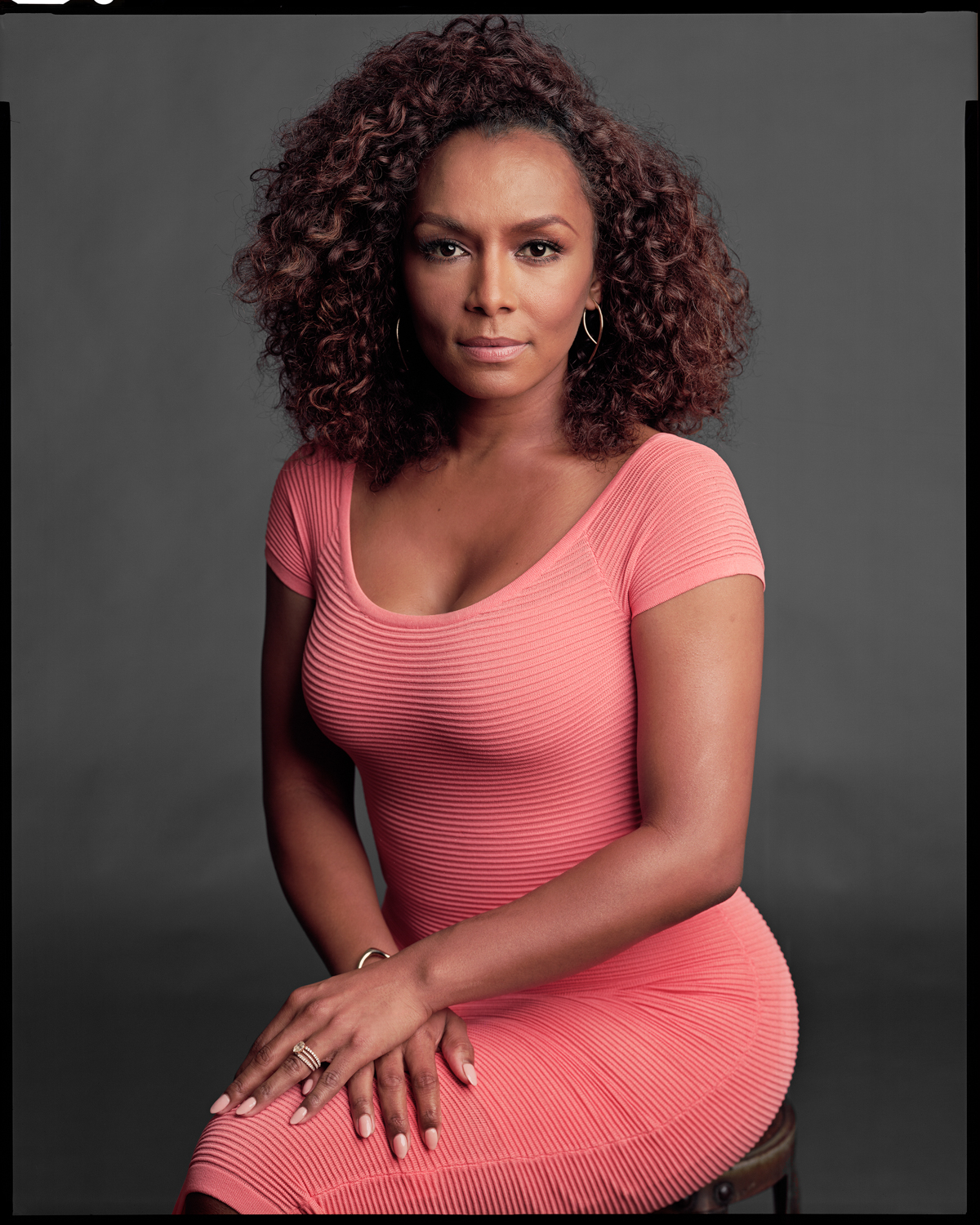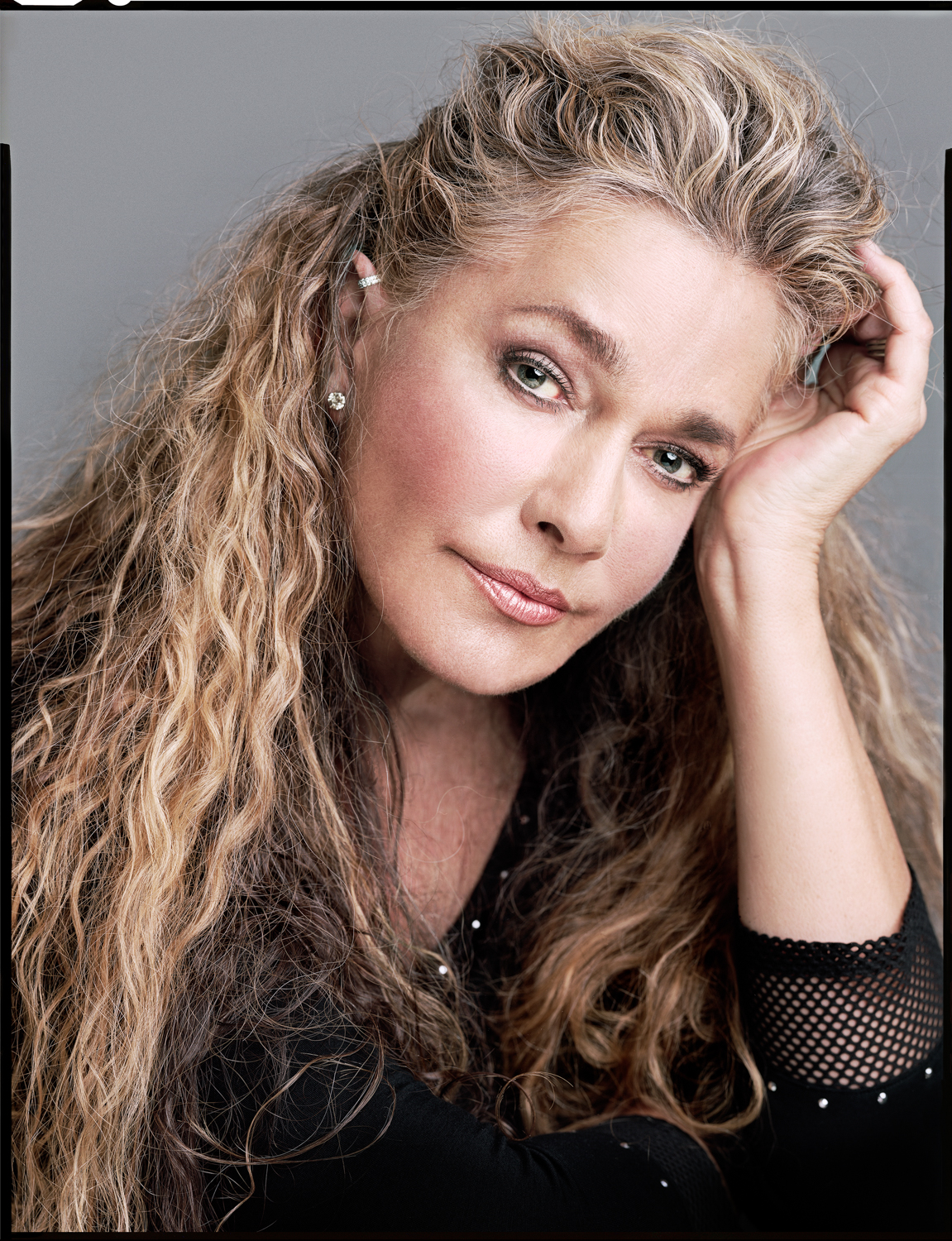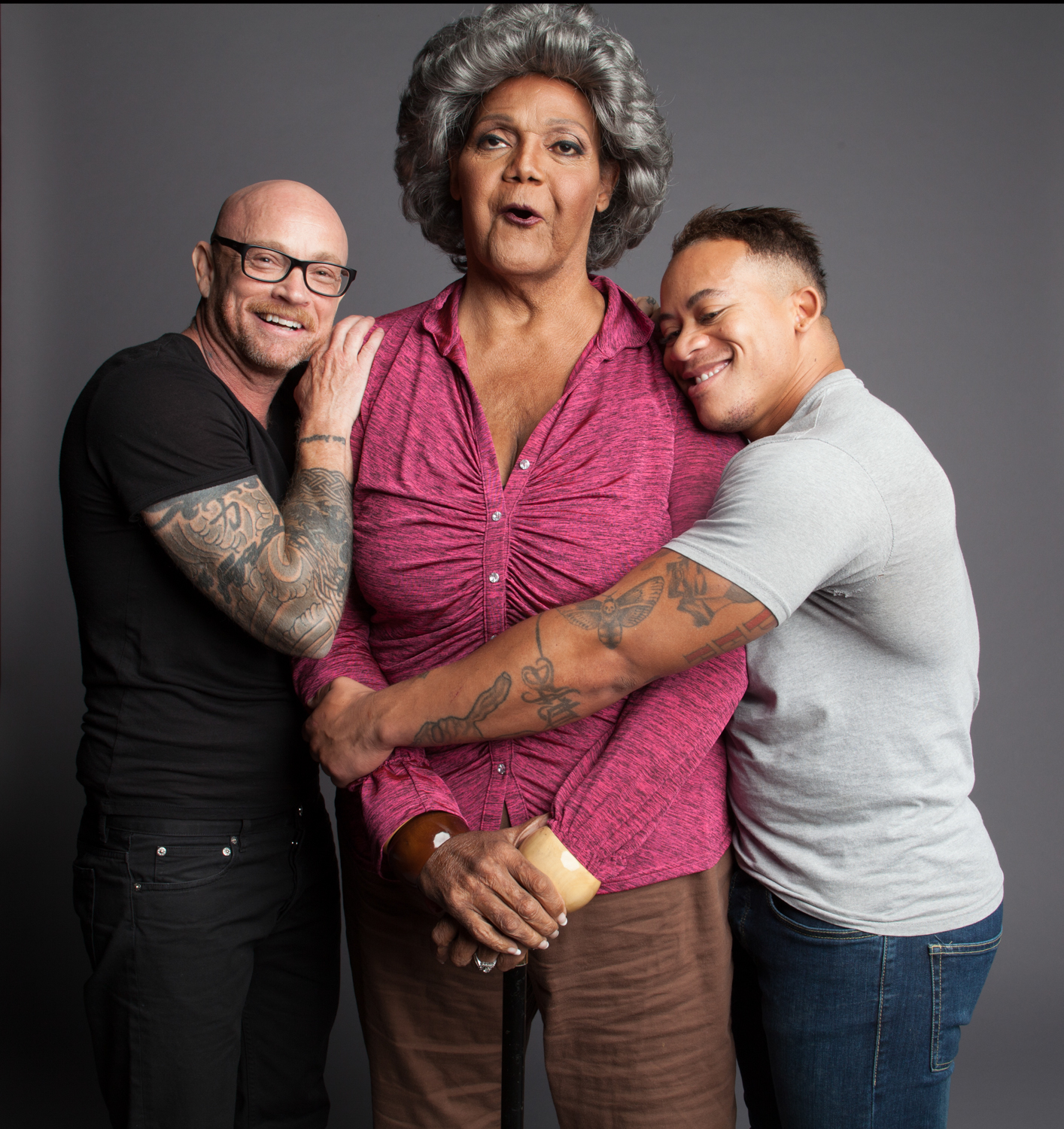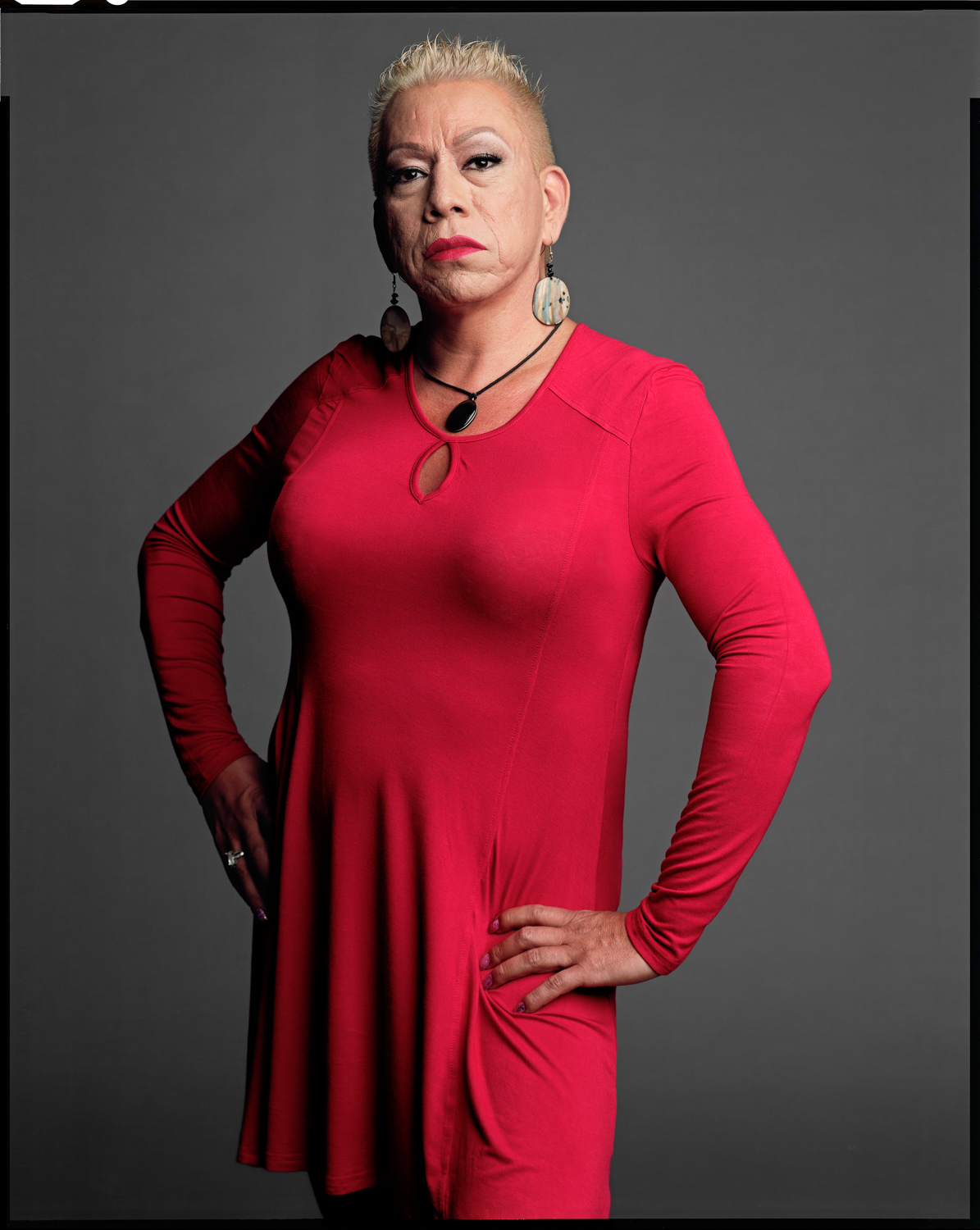The Trans List, the latest HBO documentary to delve into socially, culturally, and politically timely subject matter is compelling in its urgency. It is also the most recent in a series of portrait projects from acclaimed photographer and documentary filmmaker Timothy Greenfield-Sanders, whose previous “List” entries — including The Black List Vol. 1-3, The Latino List, The Out List, and The Women’s List — all center on people of institutionally marginalized communities whose underrepresented struggles and experiences of harassment, discrimination, and disenfranchisement are often overlooked. Greenfield-Sanders’ latest is already being met with acclaim, and The Trans List was even selected as the “Special Centerpiece” presentation at this year’s NewFest film festival.
Clocking in at just under an hour, the film briskly but effectively shines a light on 11 trans-identified individuals whose conversations with trans activist, author, and former MSNBC host Janet Mock provide stirring accounts of oppression that are at once deeply and distinctly personal, while also reflective of the collective trans experience. As a fellow trans woman, Mock is able to establish a safe and kindred rapport that allows the interview subjects to tap into raw moments of vulnerability that might not have otherwise been possible.

A collection of one-on-one interviews interspersed with archival photos, The Trans List opts for interviews as its primary sole of real-time action. It’s a device that could have easily become stagnant were it not for the fact that each of the conversations and anecdotes is communicating with such power, such sensitivity, such blaring urgency. Greenfield-Sanders also shoots these interviews with equipment that allows viewers to make direct eye-contact with each subject; instilling each testimonial with a candor rendered all the more intimate and personal for both viewer and interviewee, as the audience quickly assumes the role of observer and confidante.
With their wildly varied backgrounds and voices, each of these incredibly diverse subjects offers a unique perspective that together represents the full breadth of inclusivity and individuality present within the trans community. The documentary becomes a textured microcosm that both celebrates and embodies the community’s expansive tapestry of diversity.
Among the stories included in the film is that of British fashion model, and former Bond girl, Caroline Cossey whose beauty and Amazonian physique allowed her to successfully maintain a stealth career for several years before she was eventually outed by a tabloid. Then there’s the story of former fashion model and pioneering adult film star Buck Angel. Unlike Cossey’s experience, Angel’s career embraced his hyper-masculine trans identity, never shying away from being completely open about the ways he’s capitalized on his physical objectification.

Like Angel, U.S. Army Sergeant Shane Ortega’s bulging musculature and brawny stature evokes images of childhood G.I. Joe action figures. Yet unlike Angel, Ortega’s chosen military profession provided a less than welcoming environment for his gender identity, and was a far cry from the adult entertainment industry’s unapologetic inclusivity. Now a proud advocate for trans people in the military, Ortega openly identifies as “queer-pansexual” — and in one of the documentary’s most wrenching moments, he recalls the dissociative humiliation of being forced to wear a female dress uniform to an official Pentagon ceremony.

The youngest subject to be featured in the film is Maine high school student Nicole Maines. Maines began transitioning in the fifth grade, and after being denied access to the female restroom at her school, successfully brought her case to the Maine Supreme Judicial Court. As Maines states in the film, “bathrooms are sort of the focal point of trans issues . . . But it’s just bathrooms. We’ve all got to use them. It doesn’t have to be so protected. It’s not the Pentagon.”

Elsewhere in the film, Latina immigrant and activist Bamby Salcedo beautifully communicates the ways in which the trans community has been left behind and ignored during the decades-long struggle for gay rights; and how the time has come for the trans community to assert their constitutional rights to equal treatment and fair protection under the law. “Where the trans community is in comparison to the LGB community is that we are about 40 years behind — legislatively, economically, academically, you name it.” Salcedo also laments society’s long and sordid history of alienation and oppression toward trans folks, as well as the exclusion experienced at the hands of some in the cis-gendered queer community. As she points out, history often forgets that it was the participation of trans women during the Stonewall riots that helped usher in our modern gay rights movement. Now that society has begun the crucial steps toward greater trans representation Salcedo shows no signs of slowing down. “Our time to resist, our time to organize is now,” she says in the film.

Even more impressive than her dedication to the movement and the long road that lies ahead, is Salcedo’s ability to maintain a humbling and inspired optimism despite a deeply painful past. In the film, Salcedo’s story is perhaps the most harrowing of all; her history of suicidal behavior, depression, sex work, drug addiction, and incarceration highlights the vicious (and sadly all too common) cycle of desperation, destitution, crime, drugs, homelessness, and mental illness that results from the systemic disenfranchisement of trans people.
Other subjects include more recognizable figures like Caitlyn Jenner and actress Laverne Cox; as well as a gender non-binary writer, activist, and performance artist Alok Vaid-Menon, who provides fascinating historical connections between Western patriarchy and the centuries-old South Asian cultural embrace of gender fluidity that quickly shifted once the region had been colonized.
Despite their different stories, personalities, and interests, what unifies every person in the film is their simple desire for personal agency and basic human dignity. Those on the trans list share painful experiences and traumatic recollections, and each and every one of the film’s subjects showcases a remarkable reserve of strength. In the face of all of that they also inject their tales with a remarkable levity that never overlooks, or takes for granted, a joy for life.
Please visit facebook.com/TheTransList for additional information.
